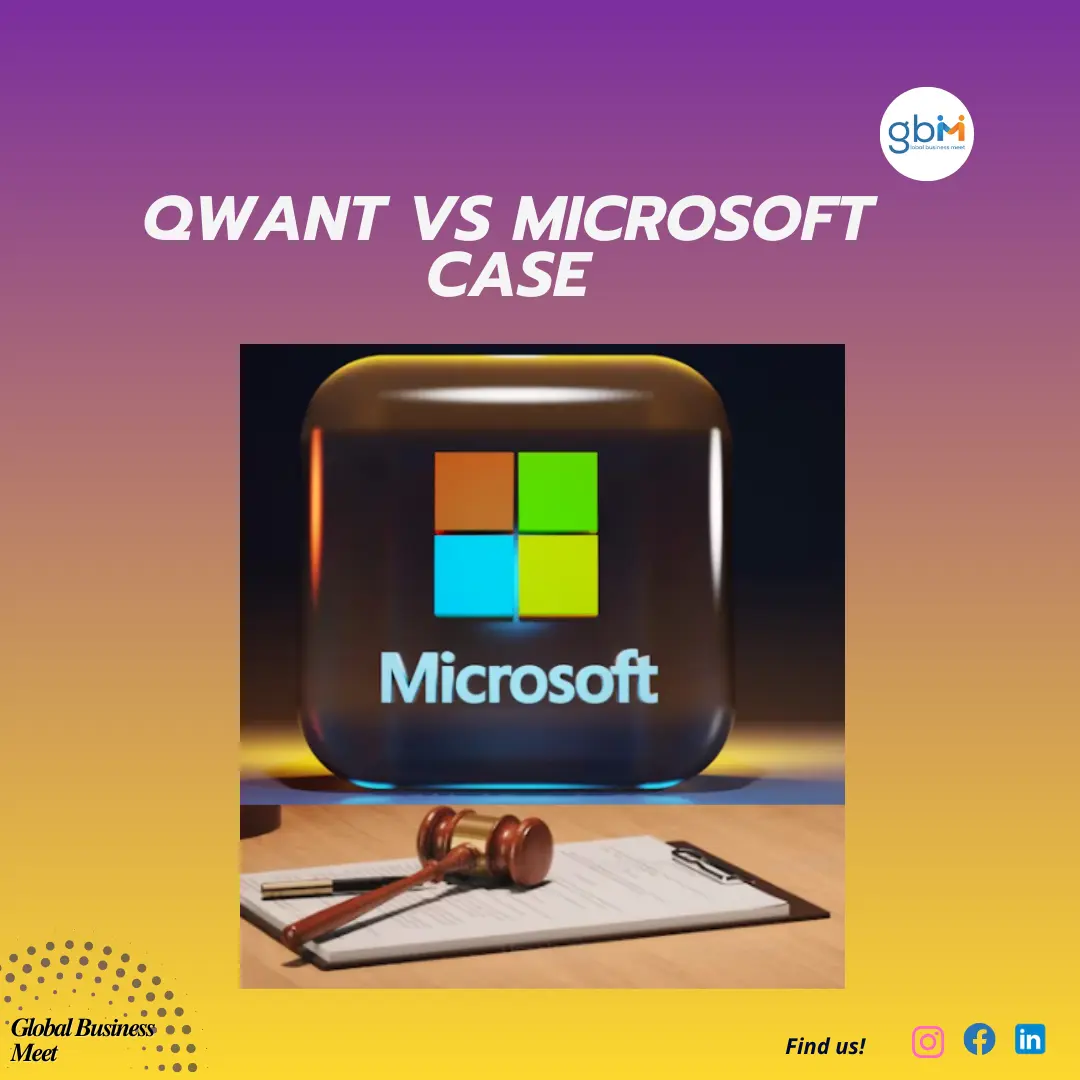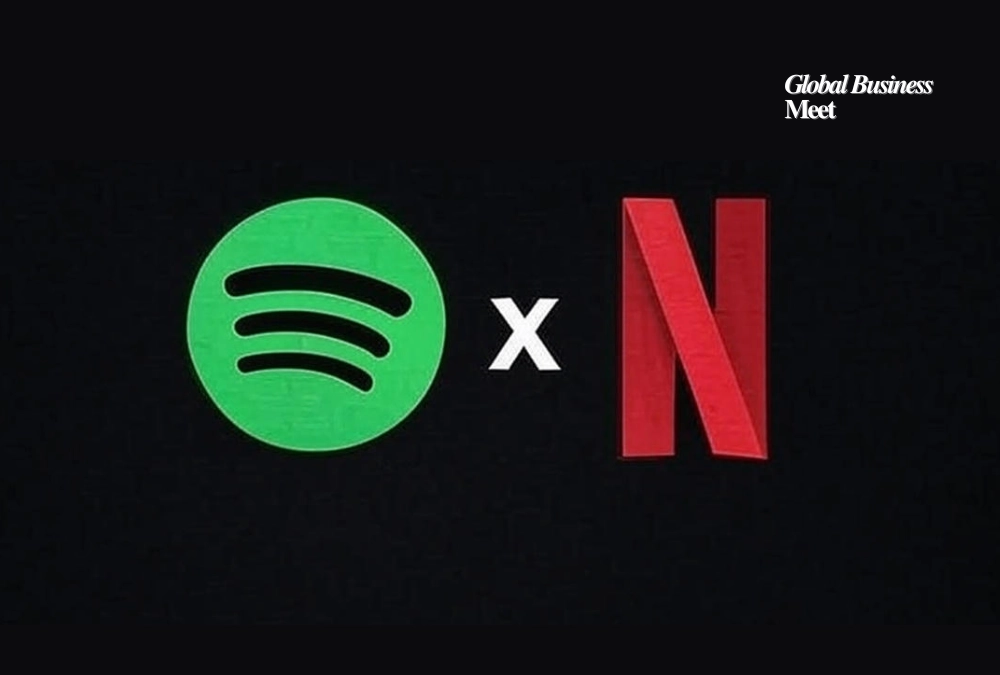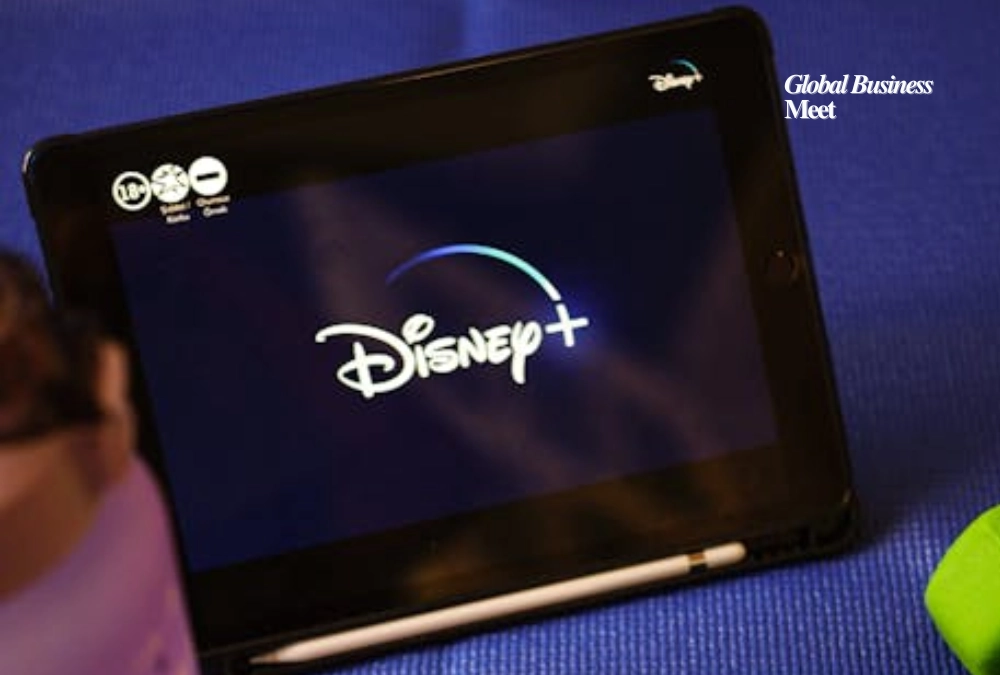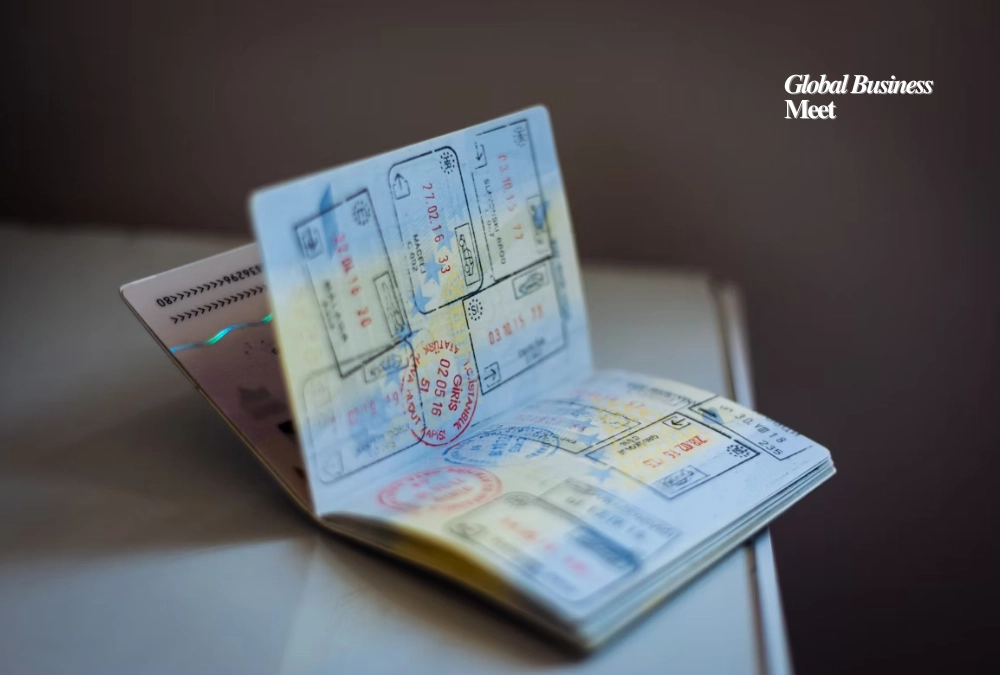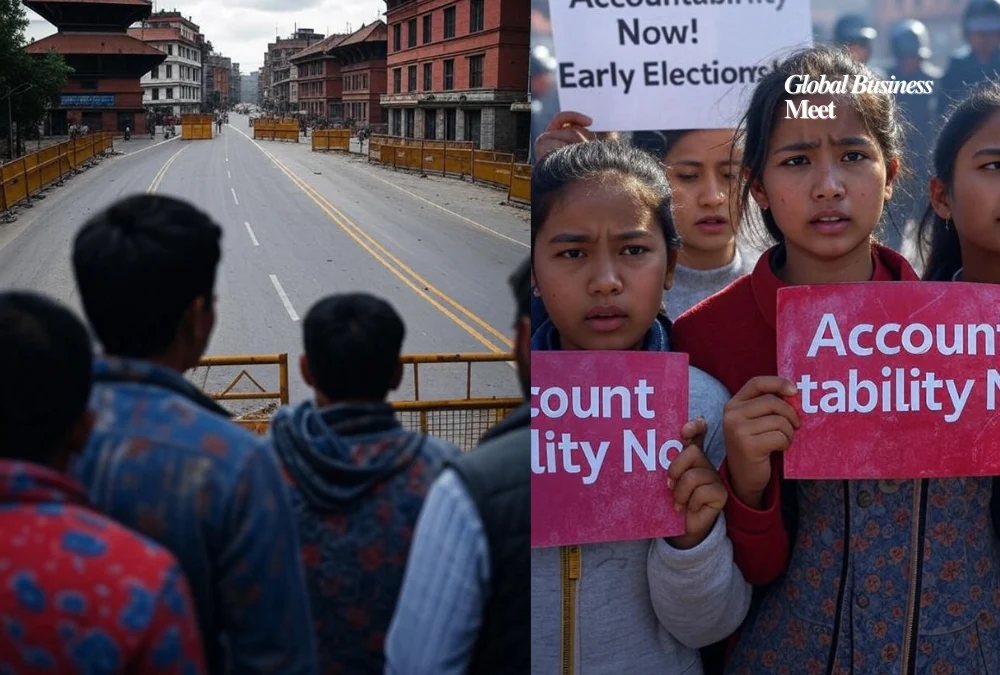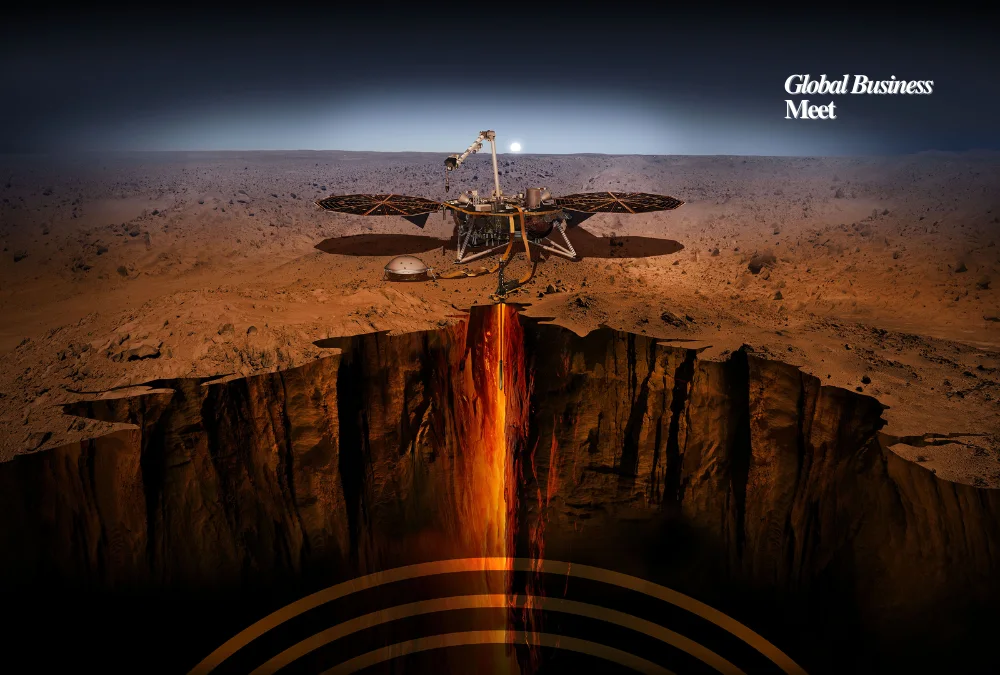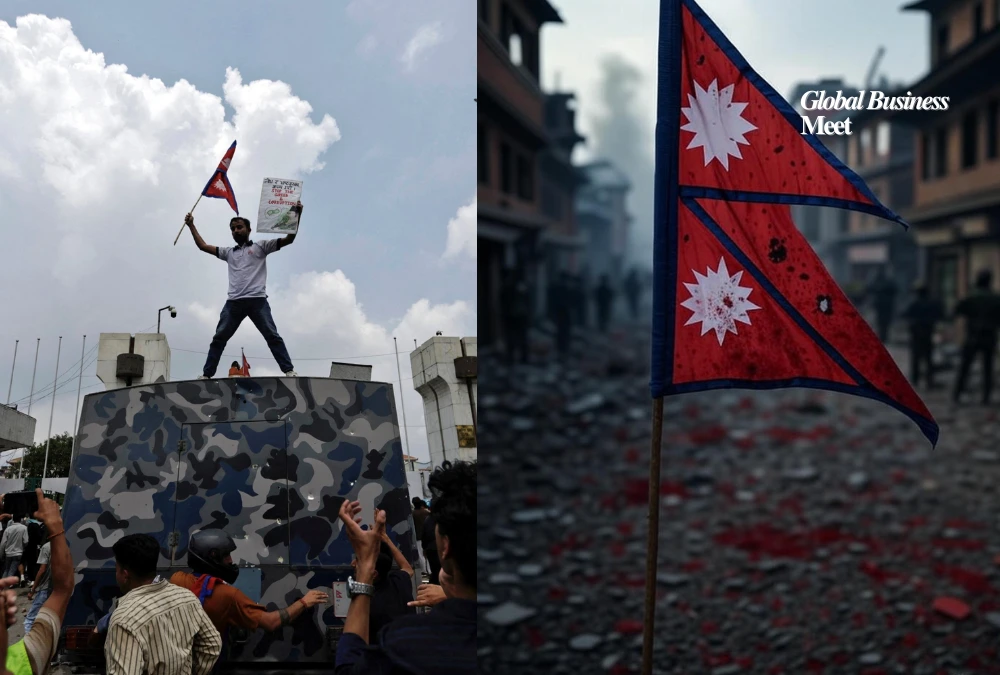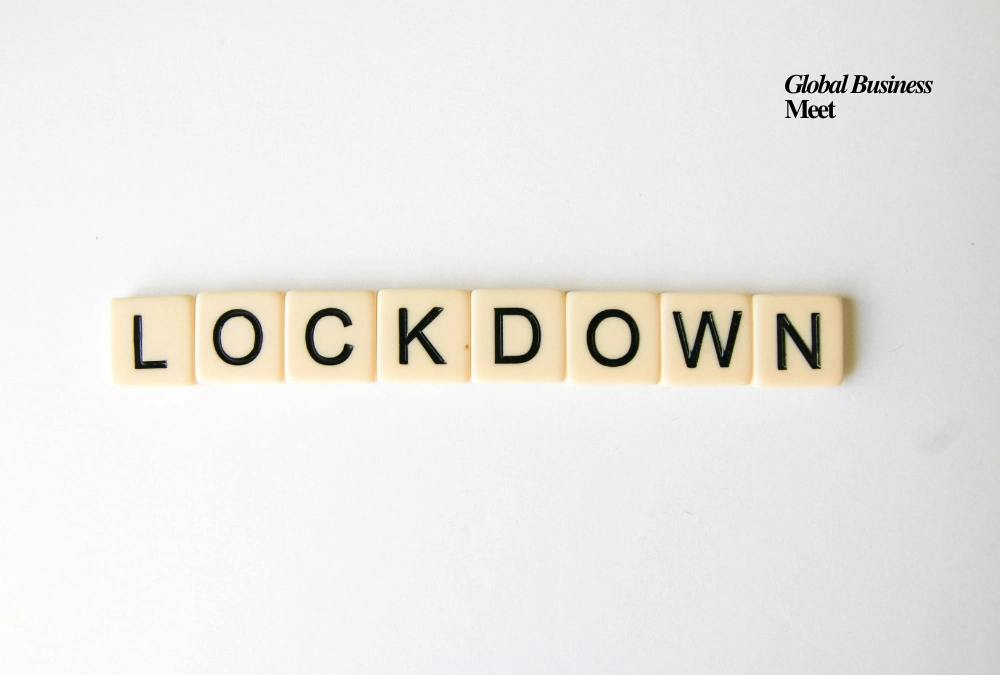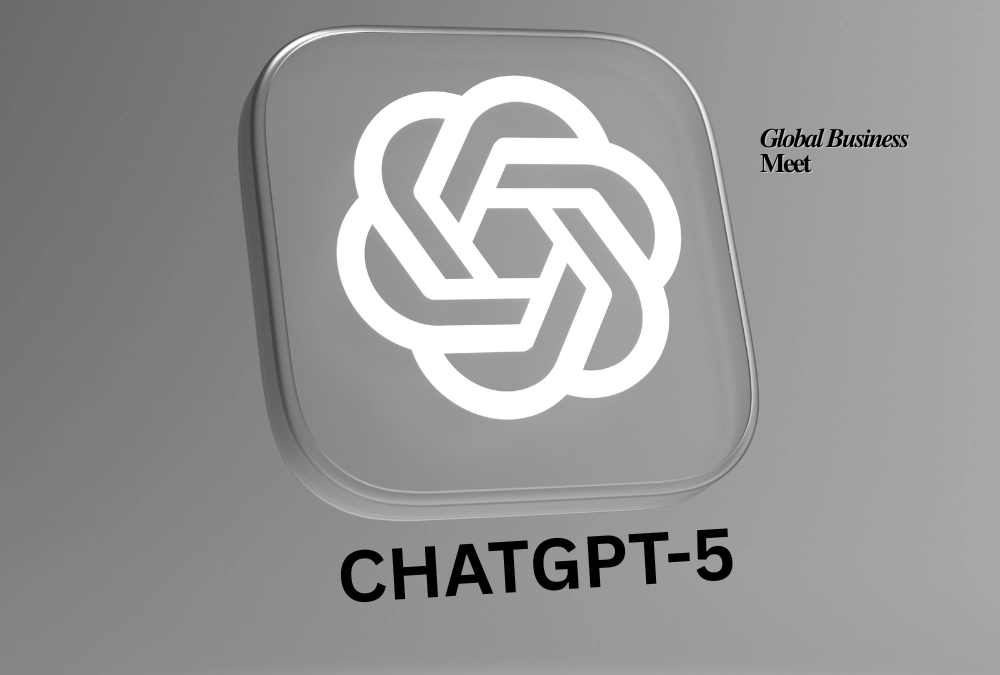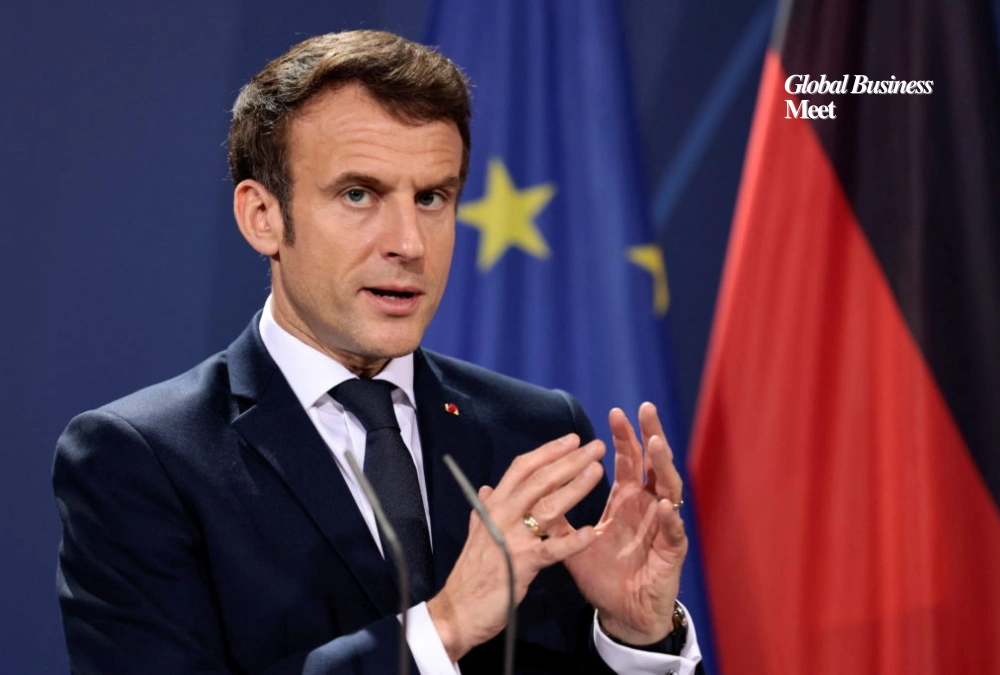
Paris – September 2, 2025: French President Emmanuel Macron announced that 26 nations have pledged to deploy troops to Ukraine once the war with Russia concludes. The multinational “reassurance force” is intended to secure Ukraine’s stability and deter future aggression.
The announcement came after a high-level summit in Paris, where leaders from 35 countries, known as the “coalition of the willing,” met with Ukrainian President Volodymyr Zelenskyy. U.S. envoy Steve Witkoff also attended on behalf of the White House to discuss long-term security guarantees for Ukraine.
A Force for Peace, Not War
In a joint press conference with Zelenskyy, Macron stressed that the reassurance force would not be a combat mission against Russia but a stabilizing presence once peace or a ceasefire is achieved.
“The reassurance force neither has the will nor the aim of going to war with Russia,” Macron said. “Its purpose is to prevent any new large-scale aggression and to engage the 26 states clearly in the lasting security of Ukraine.”
The force is expected to include military support on land, at sea, and in the air. Some countries may also train and equip Ukrainian forces, while others could station troops once fighting subsides.
U.S. Role Under Discussion
Both Macron and Zelenskyy highlighted the importance of U.S. involvement. While Washington has not confirmed its exact role, Zelenskyy said he was encouraged by signs of American support.
“The planning effort will be completed with the United States,” Macron said, underscoring that U.S. backing is vital for the plan’s credibility.
After the Paris summit, European leaders spoke by phone with U.S. President Donald Trump. Finnish President Alexander Stubb revealed that Trump urged Europe to cut off Russian oil and gas imports and increase economic pressure on China, which the U.S. alleges indirectly supports Russia’s war effort.
Mounting Pressure on Moscow
European leaders, including U.K. Prime Minister Keir Starmer and German Chancellor Friedrich Merz, warned that sanctions on Moscow would intensify if Russia stalled peace negotiations. Starmer described the coalition’s commitment as “an unbreakable pledge to Ukraine” and stressed the need to pressure President Vladimir Putin into ending hostilities.
Zelenskyy reiterated his readiness to meet Putin directly, saying: “This is not an issue of wish, this is an issue of need.”
A Turning Point for Ukraine’s Security
The pledge marks one of the strongest signs of Western determination since Russia’s full-scale invasion began in 2022. NATO Secretary-General Mark Rutte praised the move as a powerful demonstration of unity.
“We must ensure that our deterrence is strong enough that Russia will never attempt this again,” Rutte stated.
Despite continued Russian attacks across Ukraine and Moscow’s opposition to foreign forces, Western leaders believe the reassurance force will strengthen Kyiv’s position in future negotiations and provide long-term stability for the region.

